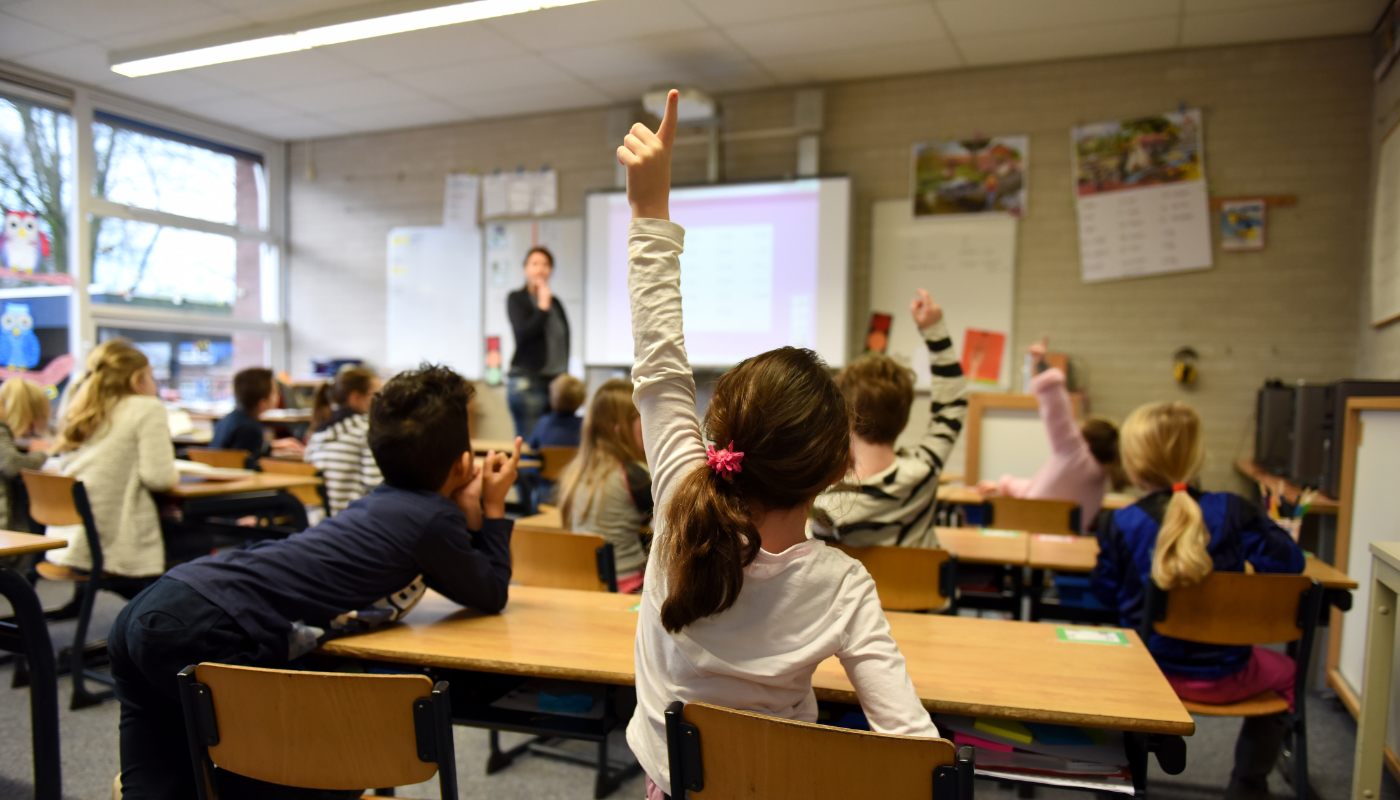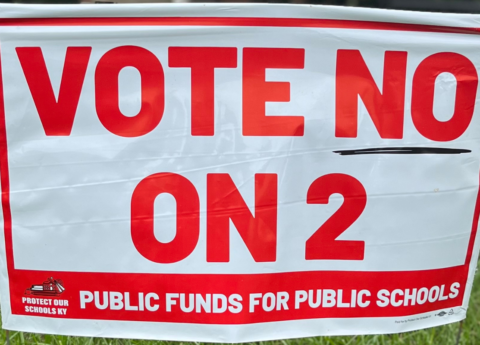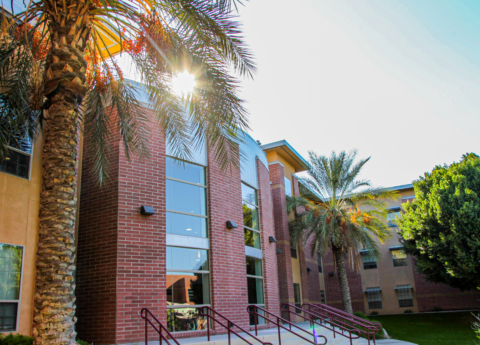This November, Kentuckians will vote on whether to change our state constitution to allow public dollars to go to private schools. We don’t have to guess what will happen if the amendment passes. We can just look at the recent actions of legislatures in similar states that lack the constitutional protections the amendment’s supporters seek to erase.
And what we see there should disturb anyone who cares about the education of all students, the condition of our communities and the state of our democracy.
Backed by outside billionaire interests, states like Florida and Arizona that started with small and targeted private school voucher programs are growing them into expensive, universally-available giveaways that are busting state budgets. Florida’s legislature, for example, is now spending $4 billion annually on private school vouchers, an amount equal to 25% of what they spend on public schools.
These expanded vouchers first subsidize those already attending private schools or planning to do so. In Jefferson County, that’s about 20% of the student population, and a group that’s financially better off on average. While the median Jefferson County household with kids in public school makes $78,000 a year according to Census data, for private schools it’s $136,000.
Unlike Jefferson County Public Schools (JCPS), local private schools charge tuition that is as high as $28,890 a year. Experience in other states shows that even with a voucher, the cost of private school is not within reach of most families (and not surprisingly, many schools increased tuition further after parents started receiving voucher funding).
Schools receiving vouchers choose their students, not the other way around. Private school vouchers have an unsettling origin, arising in response to the Supreme Court’s Brown v. Board of Education decision outlawing school segregation. Because they are not public institutions, voucher-receiving private schools can discriminate because of religion, race, sexual orientation or gender identity, or because kids have a disability or special learning need.
And they’ll be unaccountable to the public whose tax dollars they receive when it comes to curriculum, school quality and learning outcomes. In states with vouchers, public dollars have gone to schools with controversial and exclusive ideologies as well as storefront and virtual “school” operators offering barely more than a computer and a proctor.
These monies will inevitably come out of state funding of the public schools that serve the other 80% of Jefferson County kids. State dollars are essential for schools that accept children from all walks of life and need everything from AP courses to developmental education, and from sports and arts programs to welding classes. It takes resources to provide courses, transportation, meals, and extracurricular activities to nearly 100,000 JCPS kids a day.
Public schools reflect their communities, and in JCPS that means 139 languages are spoken and 12,766 exceptional children show up with special needs each day. Vouchers will skim off students that cost less money while leaving JCPS with the greatest needs but far fewer dollars to address them.
State funding is a crucial 40% of the JCPS budget, but the legislature’s share of local school budgets has eroded substantially over the past couple of decades. That’s already made fulfilling the constitutional right to a public education increasingly difficult. Core state school funding is now 26% below 2008 levels after adjusting for inflation, cuts that have fueled a crisis in attracting and retaining teachers. Since 2005, the legislature has suspended the law requiring it to fully fund school transportation, contributing directly to the bus driver shortage now plaguing Jefferson County.
Passing Amendment 2 will make that funding problem much worse, as the experience in other states show. That is by design, not accident. Wealthy outside backers are pushing these policies across the country to shift resources away from the many and enrich the few. For them it’s not about education, but about the further concentration of power that already threatens our democracy.
If Amendment 2 were to pass, communities like Jefferson County will have less access to quality education and a widening of the divides that are pulling us apart. Everybody is worse off when the American promise and tradition of a free public education gets squeezed out. Yet that’s the troubling path Kentucky will pursue if this amendment is approved in November.
This column was published in the Courier Journal on May 28.




